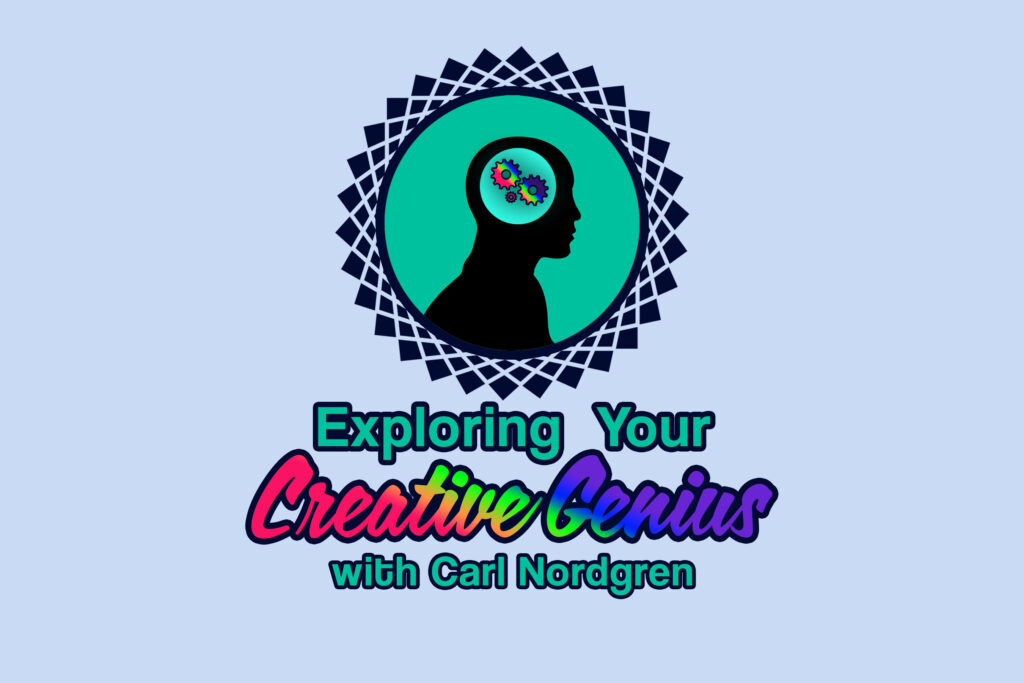Exploring Your Creative Genius: Episode 92
Did we all learn in school the five elements of a story? Plot, characters, setting, conflict, and theme. The building blocks of tales tall, short and everything in between.
But what about when you’re telling an ad-hoc story, in the minute, about something that’s concurring now?
When you don’t have the time to craft a full narrative nor do others have time to listen, creating a compelling narrative line doesn’t need all of those elements. Instead, certain aspects are prioritized above others.
The two that are most useful in the quick moment:
Setting. Place me there, help me see the environment where this occurred.
Characters. Who are we talking about, what did they do, what is their purpose.
One of the best, most profound insight into Story comes at the end of a great Harper’s Magazine article, March ‘19, by Ferris Jabr.
“A story is really a way of thinking—perhaps the most powerful and versatile skill in the human cognitive repertoire. The world confronts the mind with myriad impressions, a profusion of other often perplexing beings, and an infinity of possible futures. The increasingly large brains of our ancestors, all the more attuned to the world’s complexity, needed a way to organize this overwhelming torrent of information, to pass the multiplicity of experience through a reverse prism and distill it into a single coherent sequence. Stories were the solution.
A story is a choreographed hallucination that temporarily displaces reality. At the behest of the storyteller, this conjured world may mimic perceived reality, perhaps rehearsing a past experience; it may modify reality, placing proxies of actual people in hypothetical scenarios or fictional people in familiar settings; or it may abandon reality for a realm of fantasy.
Before stories, the human mind was only a partial participant in its own conscious experience of life, restricted to the recent past and near future, to its immediate surroundings and fragmented memories of other places. By telling stories, early humans gained unprecedented autonomy over their subjective experiences: they could dictate and record extensive histories and make intricate long-term plans; they could obscure, revise, and mythologize truth; they could dwell in alternate worlds of their own making. Storytelling transformed our species from intelligent ape to demigod.”

“Exploring Your Creative Genius” takes an expansive view on what it means to be creative and entrepreneurial in an ongoing conversation led by Carl Nordgren — entrepreneur, novelist, and lifelong student with decades of experience growing his own creative capacity and assisting others to do the same in exciting new ways!
chapelboro.com does not charge subscription fees, and you can directly support our efforts in local journalism here. Want more of what you see on Chapelboro? Let us bring free local news and community information to you by signing up for our biweekly newsletter.


